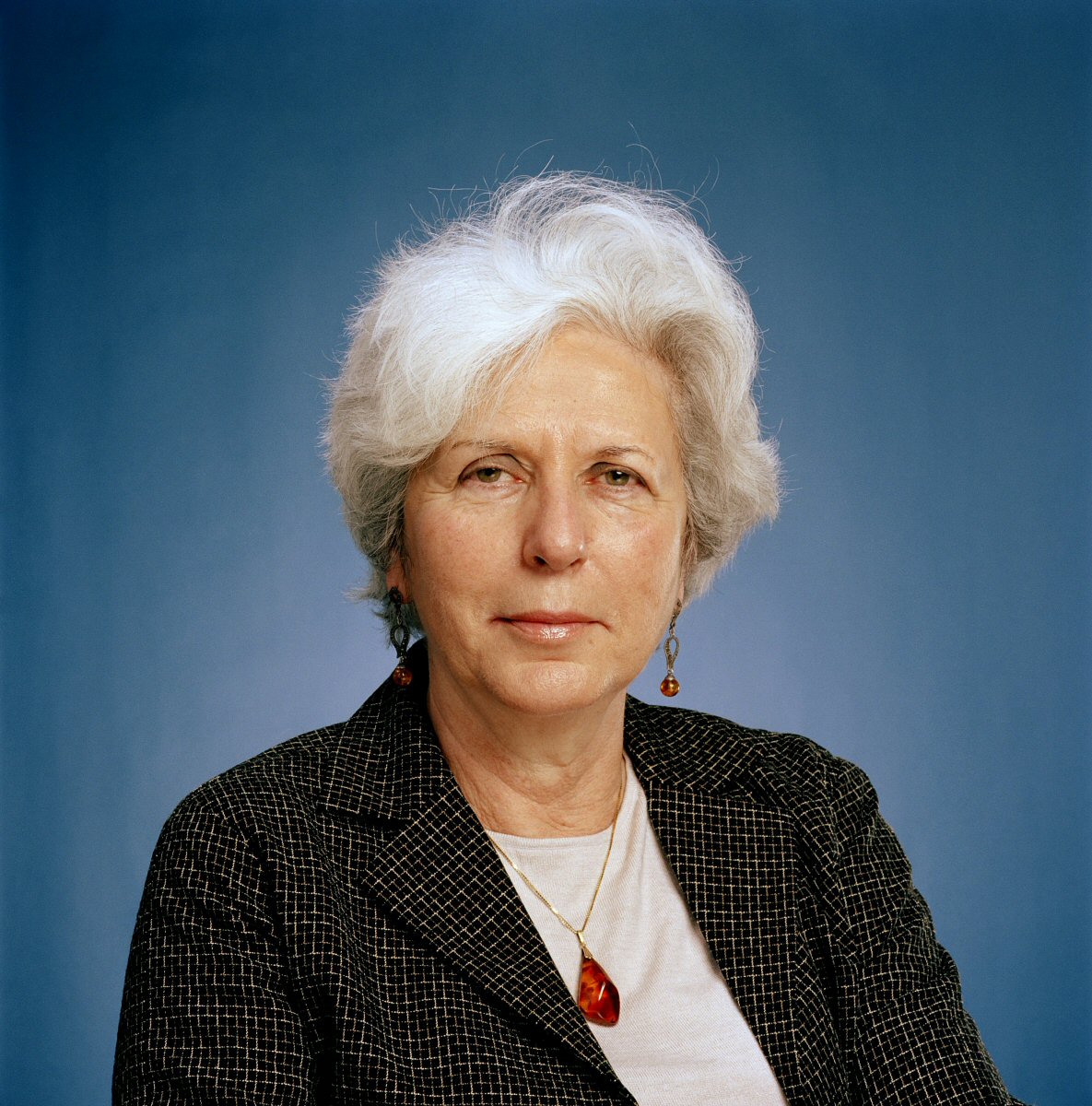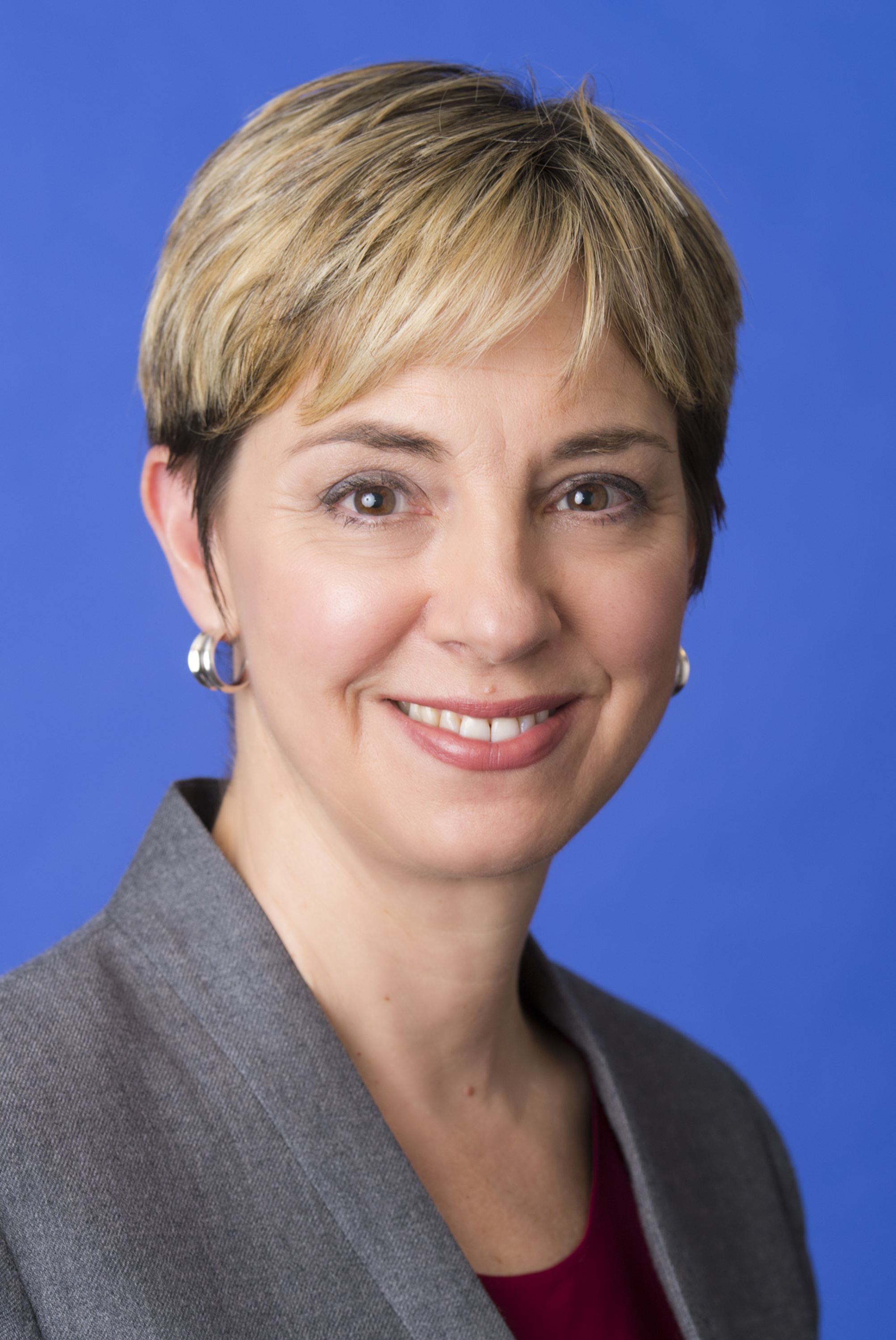{
"authors": [
"Marina Ottaway",
"Amr Hamzawy",
"Michele Dunne"
],
"type": "event",
"centerAffiliationAll": "dc",
"centers": [
"Carnegie Endowment for International Peace"
],
"collections": [],
"englishNewsletterAll": "",
"nonEnglishNewsletterAll": "",
"primaryCenter": "Carnegie Endowment for International Peace",
"programAffiliation": "DCG",
"programs": [
"Democracy, Conflict, and Governance",
"Middle East"
],
"projects": [],
"regions": [
"Middle East",
"North Africa",
"Algeria",
"Morocco",
"Iraq",
"Jordan",
"Syria",
"Kuwait",
"Saudi Arabia"
],
"topics": [
"Political Reform",
"Democracy",
"Economy"
]
}
REQUIRED IMAGE
Managing Reform in Arab Countries
Fri, October 6th, 2006
Wilton Park, UK
The Carnegie Endowment for International Peace, in partnership with Wilton Park, held a conference October 6-8, 2006 on the challenges of top-down, managed reform efforts in Arab countries. Participants from Algeria, Jordan, Kuwait, Morocco, Saudi Arabia, and Syria, as well as the United States and Europe, met at Wilton Park in the UK to discuss reform experiences and plans in Arab monarchies and republics.
Discussion focused on how reformers within or close to ruling establishments view prospects for reform inside their countries as well as the impact of pressure for change coming from outside. Participants from Arab countries identified more efficient, modernized government, public sector-private sector partnership, and job creation (through increased investment) as their principal goals in pursuing reform. Most said they believed improvement in the rule of law and increased political participation would be necessary to achieve such goals.
Advocates of reform within ruling establishments face significant challenges. Reformers from Jordan, Kuwait, and Saudi Arabia cited social conservatism, stating that in many cases ruling families are more ready to liberalize their societies and polities than are their subjects. In oil-wealthy states, a rentier economy and mentality continue to impede demand for reform. Algerian, Jordanian, and Moroccan participants identified the weakness of opposition political parties and lack of civic awareness among citizens as challenges. In Jordan and especially Syria, regional tensions have dampened demand for internal reform. Many participants expressed dismay at U.S. and European policies in the Middle East, which have put those associated with reform on the defensive within their countries.
Participants from Arab countries and analysts from the United States and Europe engaged in vigorous debate throughout the conference about what constitutes meaningful reform and change. The gathering was part of a series of meetings with participants in reform efforts in Arab countries organized by the Middle East Program of the Carnegie Endowment for International Peace. Two previous meetings brought together, respectively, representatives of Islamist movements, and of secular opposition groups.
Carnegie does not take institutional positions on public policy issues; the views represented herein are those of the author(s) and do not necessarily reflect the views of Carnegie, its staff, or its trustees.
Event Speakers
Before joining the Endowment, Ottaway carried out research in Africa and in the Middle East for many years and taught at the University of Addis Ababa, the University of Zambia, the American University in Cairo, and the University of the Witwatersrand in South Africa.
Amr Hamzawy is a senior fellow and the director of the Carnegie Middle East Program. His research and writings focus on governance in the Middle East and North Africa, social vulnerability, and the different roles of governments and civil societies in the region.


